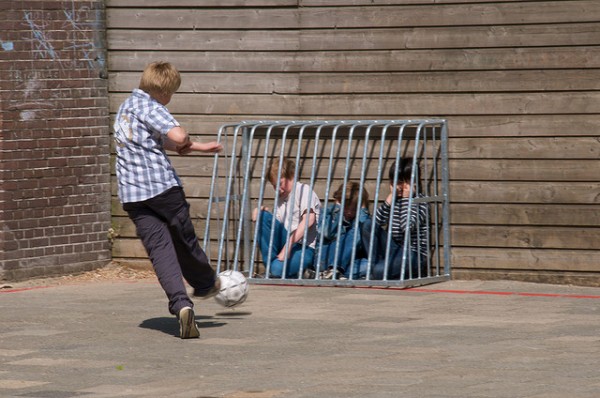Childhood Bullying Affects Adulthood

People who are bullied when they are young still experience negative effects on their physical and mental health decades later, according to a recent study.
The study, published in the American Journal of Psychiatry, details findings that suggest that children bullied frequently in grade-school are much moa likely to report a lower quality of life forty years later, indicating that relentless bullying can adversely affect a child's long-term mental and physical health.
To determine this, researchers collected data on study participants from the British National Child Development Study -- an unrelated 50-year prospective cohort study -- whose parents had reported that the participants had experienced exposure to bullying between seven and 11 years old.
Researchers followed up with these participants when they turned 23 an then again at 50 years old. During these follow-ups, the participants were measured for psychological distress, social anxiety, alcohol dependence, socioeconomic status, and -- at age 50 -- general well-being and physical health.
Interestingly, the study found a clear association between bullying in childhood and below-average physical and mental health by the time the bullying victim turned 50 years old.
Not surprisingly, those who were bullied more frequently than others were more likely to be depressed later in life and have suicidal thoughts.
Naturally, these long-term adverse effects appeared to have social and economic consequences in adult-life as well, resulting in a higher chance of unemployment and less education on average.
While authors of the study did admit that these adverse consequences were small on average, they wrote that the fact that there is any such long-term effect is alarming.
Prof Louise Arseneault, senior study author, from the Institute of Psychiatry at King's College London, told BBC News that society needs to forget the idea that bullying is just a part of growing up, as it is something that not everyone suffers from.
"Teachers, parents and policy-makers should be aware that what happens in the school playground can have long-term repercussions for children," Arseneault said.
The study was published in the American Journal of Psychiatry on April 18.
Apr 18, 2014 01:29 PM EDT





